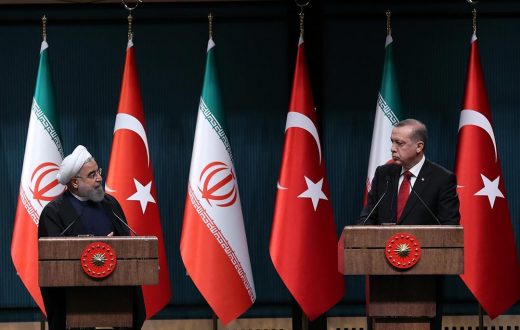Biography
Montesquieu studied Law near Paris and at the age of 25 he entered the Bordeaux Parliament as a councillor. Two years later, in 1716, he inherited his uncle’s fortune, and one of the most prestigious offices in Parliament.
But Montesquieu was already more passionate about science than about his position. Indeed, the same year, he created an anatomy prize at the Bordeaux Academy. Then, he published several memoirs on subjects such as breathing underwater, bad weather in Italy or the mines in Germany…
The public Career
In 1721, Montesquieu began his literary career by publishing the Persian Letters.
In 1726, he sold his office and began travelling to Germany, Austria, Hungary, Italy and especially to Great Britain. Back in Bordeaux, in 1734, he published his first political work: Considerations on the causes of the greatness of the Romans and their decline. It begins shortly after the writing of the Spirit of Laws, (published in 1748). The Church decided to attack and banish him, which didn’t stop him from getting a great influence.
The Spirit of Law and the Climate Theory
The word “climate” appears more often in the Spirit of laws than the word “politics”.
- Book XIV: Laws in their relationship to the nature of climate,
- Book XV: How the laws of civil slavery relate to the nature of climate,
- Book XVI: How the laws of domestic slavery relate to the nature of climate,
- Book XVII: How the laws of political servitude relate to the nature of climate, etc.
A simple look at the table of contents allows to see the place that climate occupies in the Spirit of laws!
The word “climate” itself appears 120 times in the text, it is more than “politics” which is only 116 times. –
The Hippocrate’s legacy
In fact, Montesquieu’s masterpiece are the culmination of the “climate theory”. This theory assumes that the characteristics of populations are explained by the climate to which they are subjected.
This idea is attributed to Hippocrates, who set it out in his Treaty of Air, Water and Places. According to him, the environment is responsible for diseases but affects the physical and ultimately moral characteristics of a population. To sum up, cold climates generate big brave but not very clever bulls. On the other hand, warm climates give birth to intelligent, refined but alanguished men. Between the two, i.e. invariably where the author was born, is an optimal climate that allows all the qualities to be combined.
When Science meets Politics
Montesquieu resolutely takes up this environmental determinism: in Book XIX, he writes that ” several things govern men: climate, religion, laws, government maxims, examples of past things, morals, manners ” but that ” the climate empire and the first of all empires “. He uses his passion for anatomy by detailing the action of cold and heat on nerves, muscles, heart, etc. For example, “cold air tightens the ends of the outer fibers of our body: it increases their resilience […] Therefore, we have more vigour in cold climates.”
But Montesquieu goes a little further by linking climate and political system. For him “bad legislators are those who have promoted the vices of the climate, and good ones are those who have opposed it”. For example, polygamy is favoured by hot climates and alcohol consumption by cold climates (again, these claims are medically demonstrated), which explains why the former is allowed on Islamic soil while the latter is prohibited, and vice versa. This is one of the reasons why the Church has criticized the Spirit of Laws: he attributes choices that seem to be moral to the influence of climate and natural causes.
The influence of the work
In the 19th century, advances in medicine and sociology discredited Climate theory, but many of the clichés that emerged from it remain in people’s minds. And we come back to this little by little: today, many studies are trying, as Montesquieu did 300 years ago, to establish a link between economic development and climate or between violence and climate.
The Spirit of the Law is therefore relevant. To reread it is not only to visit a somewhat dusty monument, it is to confront the first intuition of the links between climate and society and a scientific approach at the service of ideas that today appear dated or even racist. From this point of view, Montesquieu places our understanding of climate in a very long time while questioning its limits.








